Description
Zinaida Olegovna Bondarenko is returning to Odessa, Ukraine from Detroit, USA, with one companion, Valentine Pechenko, a Ukrainian-American who is in love with her. Zina came to Detroit in search of her mother, met Valinka (Valentine), and forged a strange relationship with him. Now Zina—as Valinka ends up calling her—has been deported.
Upon their return to Odessa, they are greeted by her father and a country at the brink of war with Russia. It’s 2014, and the Euromaidan Movement is underway in Kiev. Odessa appears to be taking her usual unique path.
While Valentine is “discovering his roots” and trying to tell his own story, that of a Ukrainian-American in his homeland, Zina finds a job with an archive attempting to preserve the memories of witnesses to the Soviet past. Meanwhile, having failed to find her mother, she’s busy trying to repair her relationship with her father, who raised her single-handedly from age seven. This hope for reconciliation is also one for reconciliation with her country, which is undergoing a national identity crisis. Zina wants only to help communicate the stories of those who came before, especially women. But she finds that, as an Odessitka, if she doesn’t pick a side, one will pick itself for her. She and Valinka will go on an Odessan odyssey, taking them all over the city, from its outskirts to its center and into its catacombs, where Zina will encounter her past and Valinka will realize the error of his ways. Soon after, we’ll find out about why Zina carries trauma with her related to a very common Russian phrase.
On May 2nd, 2014, the worst violent event in Odessa since the Great Patriotic War (World War II) took place in the fire in the Building of Trade Unions along Kulikovo Field. This event will bring Zina’s and Valinka’s journeys to an end. It will both unite and divide Odessa. It will show how even Odessa, long thought to be “not Ukraine” because of the language (most Odessans still speak Russian), must decide on her identity.
Influences on Two Big Differences include the author’s work translating the Russian-language poet Marina Eskina (Boston) in journals such as Asymptote and Cardinal Points, where an excerpt of this novel has also appeared. While the content of Two Big Differences resembles the work of David Bezmozgis and Jonathan Safran Foer, the novel also takes influence from the craft of Rachel Kushner and Jayne Anne Phillips and from Odessan writers such as Isaak Babel, the inimitable duo of Ilya Ilf and Yevgeny Petrov, and Valentine Kataev.


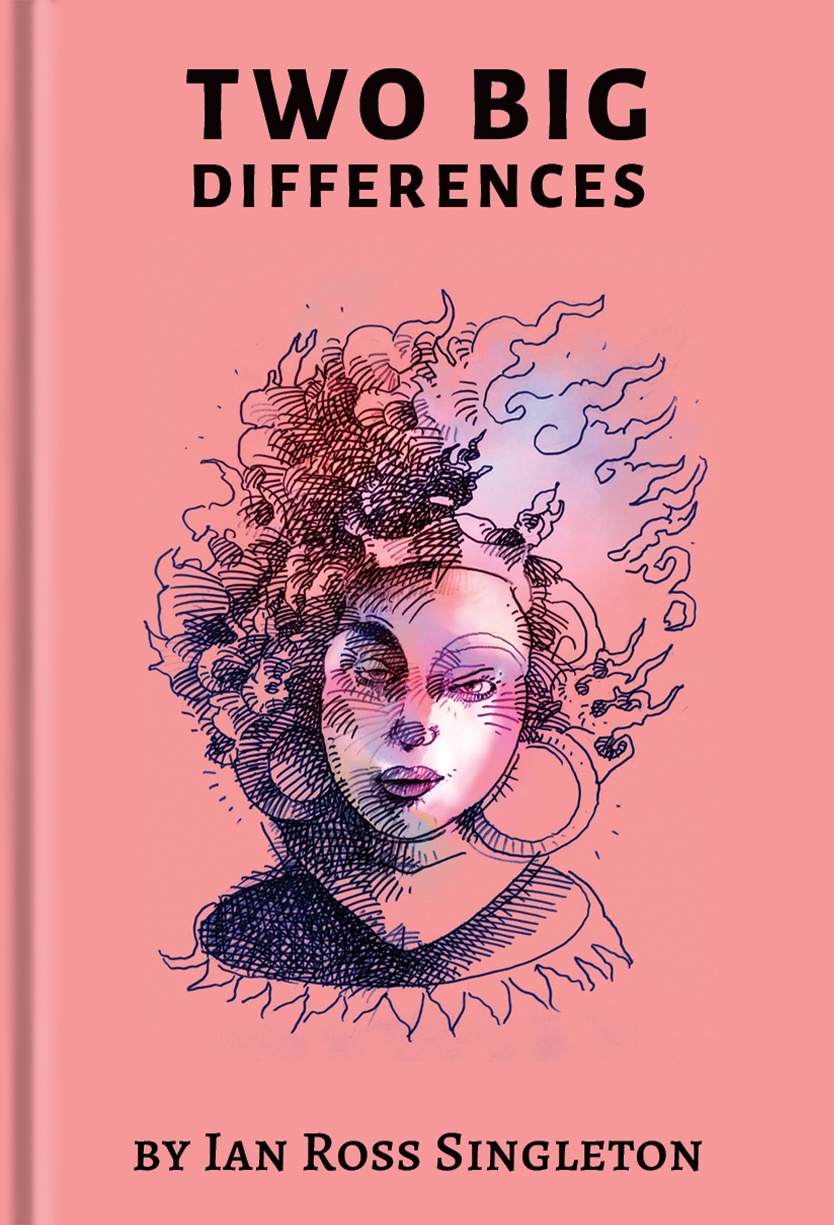
 Ian Ross Singleton is a professor of Writing at Baruch College and Fordham University. Ian has taught Creative Writing and Literature for New York Writers Workshop, San Francisco State University, Cogswell Polytechnical College and others. His short stories, translations, reviews, and essays have appeared in journals such as: Saint Ann’s Review; Cafe Review; New Madrid; Midwestern Gothic; Fiddleblack; Asymptote; Ploughshares; The Los Angeles Review of Books and Fiction Writers Review. His short-story collection manuscript Grow Me Up and Other Oaths was a finalist for the 2020 Tartts Fiction Award.
Ian Ross Singleton is a professor of Writing at Baruch College and Fordham University. Ian has taught Creative Writing and Literature for New York Writers Workshop, San Francisco State University, Cogswell Polytechnical College and others. His short stories, translations, reviews, and essays have appeared in journals such as: Saint Ann’s Review; Cafe Review; New Madrid; Midwestern Gothic; Fiddleblack; Asymptote; Ploughshares; The Los Angeles Review of Books and Fiction Writers Review. His short-story collection manuscript Grow Me Up and Other Oaths was a finalist for the 2020 Tartts Fiction Award.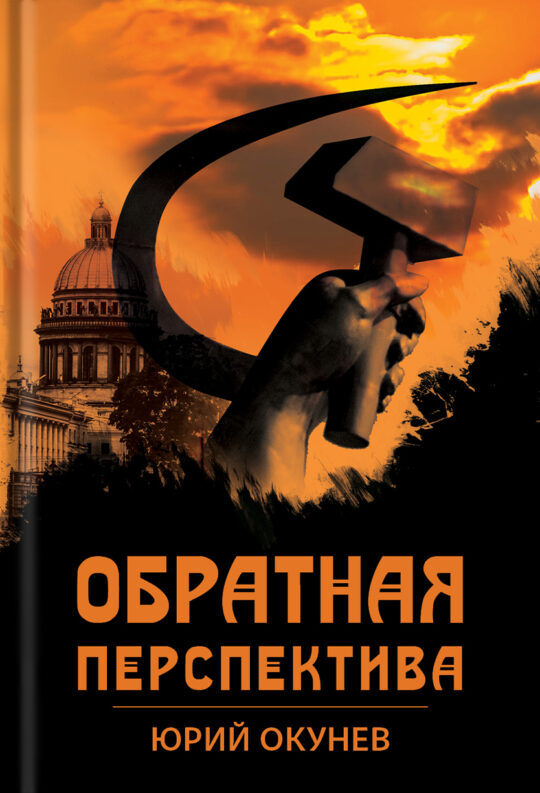
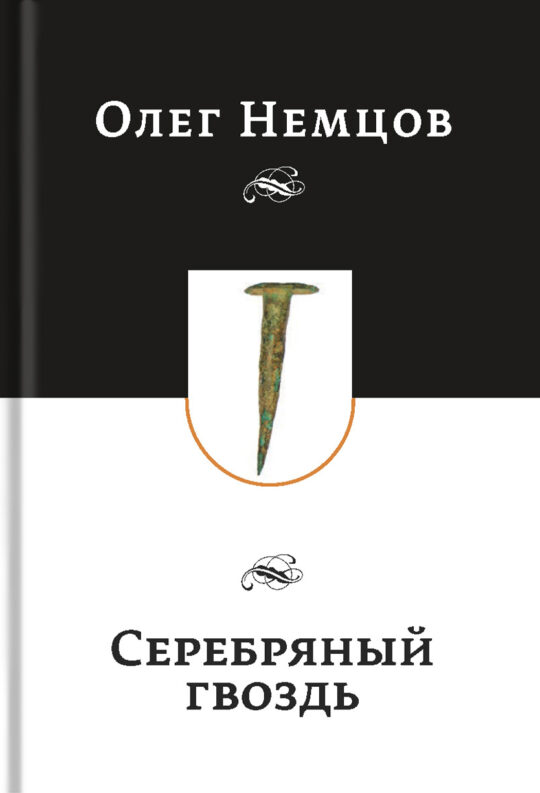
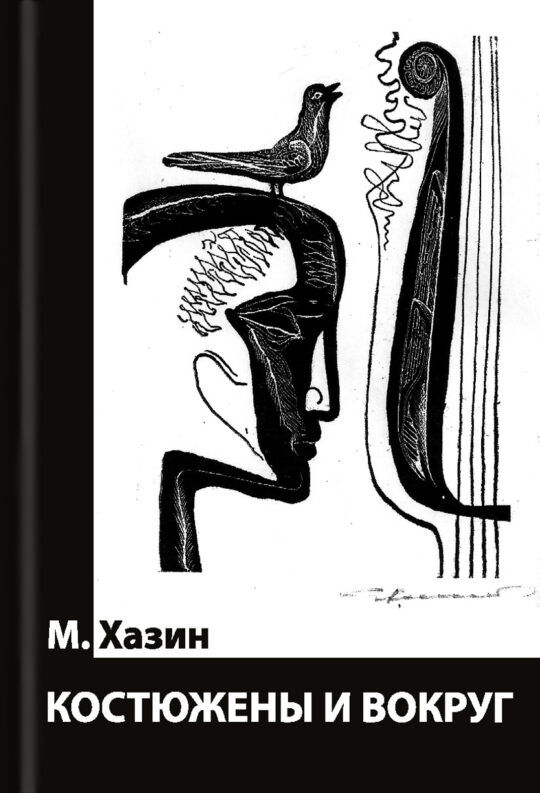
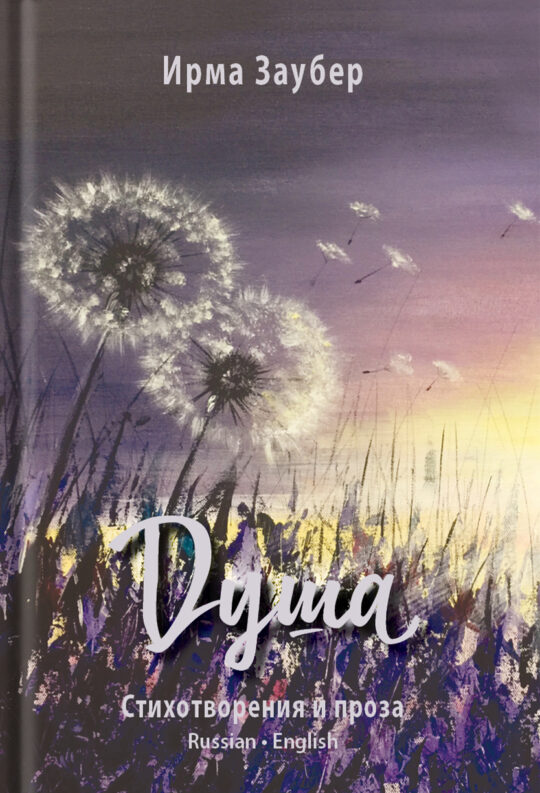

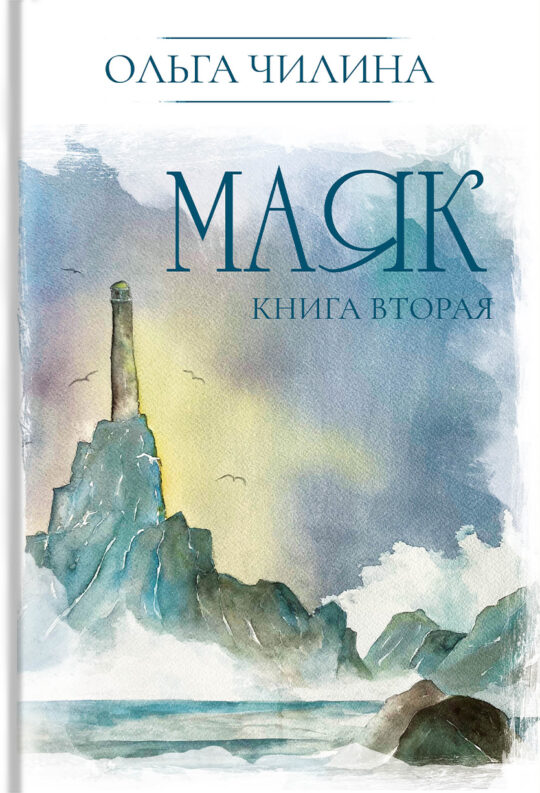
M•Graphics
…Иен Синглтон написал роман о свободе и несвободе, где кульминация — это историческая хроника события, ставшего одной из важнейших вех в новейшей украинской истории, события, в большой мере определившего риторику российской пропаганды, подготовившего общественное мнение перед полномасшатабной войной. Надо же так случиться, что на сегодняшний день не существует еще художественного отображения того, что происходило в одесском Доме Профсоюзов 2 мая 2014 г., и уж точно нет описания этих событий в англоязычной литературе. А между тем понимание их важно для понимания того, за что и как воюют сегодня в Украине. Это все равно, что впервые описать поджог рейхстага… (с полной рецензией на книгу можно ознакомиться здесь)
—Галина Ицкович, Нью-Йорк, поэт, прозаик, критик
“…The unique language of Odessa, that languid city where acacias and chestnut trees adorn the Ukrainian shore of the Black Sea, is the heroine, villain, and love interest of Two Big Differences. To be sure, there are human characters here too: contradictory, fascinating, frustrating, messy, damaged, and sometimes unlikable, but each one is a manifestation of that charming rogue of a city. Ian Ross Singleton’s novel, while an affectionate tribute to Odessa, is most successful as a witty, tender reflection on the ways in which language and identity intersect and diverge”… Full review can be found on Los Angeles Book review website here.
—Herb Randall, Los Angeles Book review contributor
“Two Big Differences demonstrates an intimate and authoritative understanding of contemporary post-Soviet life, especially as it’s experienced by people from Odessa — in Odessa but also as immigrants to the US. Singleton writes convincingly and authoritatively from multiple perspectives in the book, including that of a young woman from Odessa. The quality of Ian’s prose also bears the rhythms and influences of some of the Soviet masters — Kataev, Olesha and, I’d venture, Dovlatov. However, it doesn’t read as mimicry but as the authentic representation of the way his contemporary characters think, feel and speak.”
—David Bezmozgis, author of Immigrant City
“Singleton teaches us that to learn a language is to be remade by that language. To move to a different city means to internalize the traumas inscribed in the map. This novel is the product of a deep engagement with the Russian language and a love song to the cities of Detroit, USA and Odessa, Ukraine in all of their different, rich complexities. Necessary reading for anyone considering a move to a different country!”
—Olga Zilberbourg, author of Like Water and Other Stories
“It is late in Two Big Differences when Ian Ross Singleton’s unforgettable character Zina ‘needed to let these stories take over,’ but it is clear from the beginning that Singleton himself needed to let these stories take over his novel. Where Odessa meets Detroit and American meets Ukrainian and English meets Russian, everything proves hilariously serious and fantastically true. There are two big differences between this and the next-liveliest novel you will read this year.”
—H. L. Hix, author of The Gospel According to H. L. Hix
“Two Big Differences is brightly original, structurally inventive, thoughtful and wise, suffused with love for the infinitely lovely and poignantly heartbreaking, faraway city of Odessa; full of energy and effortless narrative fluidity, replete with lightning-quick transitions between the scenes, shot through with bright flashes of humor and sharp wit. The sheer rhythms of this terrific novel are mesmerizing. Ian Ross Singleton is one of the finest young writers at work in America today.”
—Mikhail Iossel, author of Love Like Water, Love Like Fire
“A passionately told story of migrations, of romance, and of intergenerational traumas, Two Big Differences, Ian Ross Singleton’s debut, is a rich linguistic treat on every page. The novel is also an operatic love letter to Odessa, Ukraine, as tragic as it is beautiful. By the end of this novel, you will have crossed oceans of feeling like Singleton’s characters have.”
—Leland Cheuk, author of No Good Very Bad Asian H. L. Hix